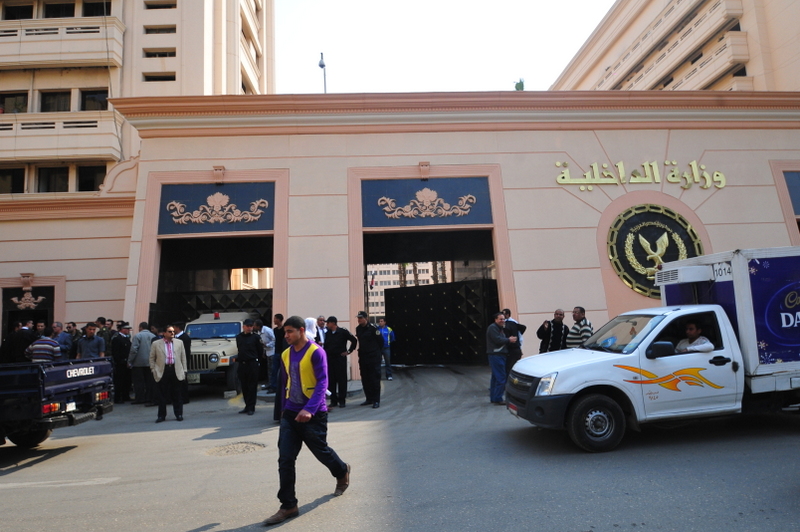CAIRO: Authorities are threatening to strip Cairo’s luxury Grand Hyatt hotel of its five-star status after the owner stopped serving alcohol in the name of Islam.
Last month, Abdel Aziz Ibrahim, a member of the Saudi royal family and owner of the coveted luxury property that sits on a tongue of land at the edge of the Nile, decided to get rid of all the alcohol in stock.
The sheikh ordered the 2,500 bottles of alcoholic beverages at the hotel to be flushed down the toilets, without providing any notice to the American hotel chain managing the property, Hyatt International.
“$300,000 went into the sewers after this decision which totally violates Egypt’s hotel rules, said Fathi Nour, president of the Egyptian Hotel Association.
Ibrahim was not available for comment when contacted by AFP, but Hyatt International, whose headquarters are in Chicago, said the two parties were currently in talks to resolve the issue.
“There is no more alcohol, it was not our decision. We’re negotiating now. Talks will last two or three weeks, Grand Hyatt spokeswoman Sally Khattab told AFP.
For Nour, who met the Saudi sheikh last week, the situation is simple – either the alcohol is put back as outlined in hotel regulations or the deal is off.
“July 2 has been set as the deadline. If he keeps it up, the hotel will be dropped down to two stars and its rates will reflect that, Nour said.
The decision to ban alcohol at such a popular destination has rocked Egypt s tourism industry, which handled 11.1 million tourists last year, employs 12 percent of the active population and accounts for 11.6 percent of the country s Gross National Product.
For Egyptian authorities, protective of the lucrative industry which brings in 20 percent of foreign currency receipts, the spread of Islamism must stop at the doorstep of touristic establishments.
Drinking alcohol is considered contrary to Islam but it is not banned by Egyptian law. So Egyptians who choose to can drink, although the percentage of Muslim drinkers is very small. Bars overwhelmingly cater to tourists.
It s really booming, we re crossing our fingers, Tourism Minister Zoheir Garranah said of the sector but insisted: We have laws which regulate this industry.
Hotel rules dictate that any hotel above two stars must serve alcohol. An owner is also not allowed to interfere in the running of affairs when there is a managing company.
It s like imposing chicken on the menu, said Nour, who owns the Nile Hilton hotel in central Cairo.
If he doesn t want to serve alcohol, it s his choice. If that doesn t comply with our regulations, he has to bear the consequences, said Garranah.
Gulf tourists have been flocking to Egypt since the terrorist attacks of Sept. 11, 2001, finding themselves more comfortable in Cairo than Paris or London let alone the United States.
At least 400,000 tourists from Saudi Arabia hit the capital for some sun and fun, indifferent to the sale of alcohol, strictly banned at home.
A new breed of Islamic hotels has popped up in some Gulf countries, catering for the observant Muslim traveler, such as Dubai-based Taj Palace or the Tamani apartment hotels.
It s not a bad idea, but I don t think there is a market for it in Egypt, said Nour. There is no one left in the Hyatt restaurant at midday.
Whether cruising the Nile or lazing on the Red Sea s sandy beaches, Europeans who make up two-thirds of Egypt s tourists, including 1.5 million Russians, consume 80 percent of Egypt s wine.
For Sheikh Abdel Baqi of the Islamic Research Center, the decision (to ban alcohol) is very good because at least it allows for the choice of an Islamic hotel.
It must be encouraged, he told AFP. Alcohol lowers man to the level of animal. -AFP





